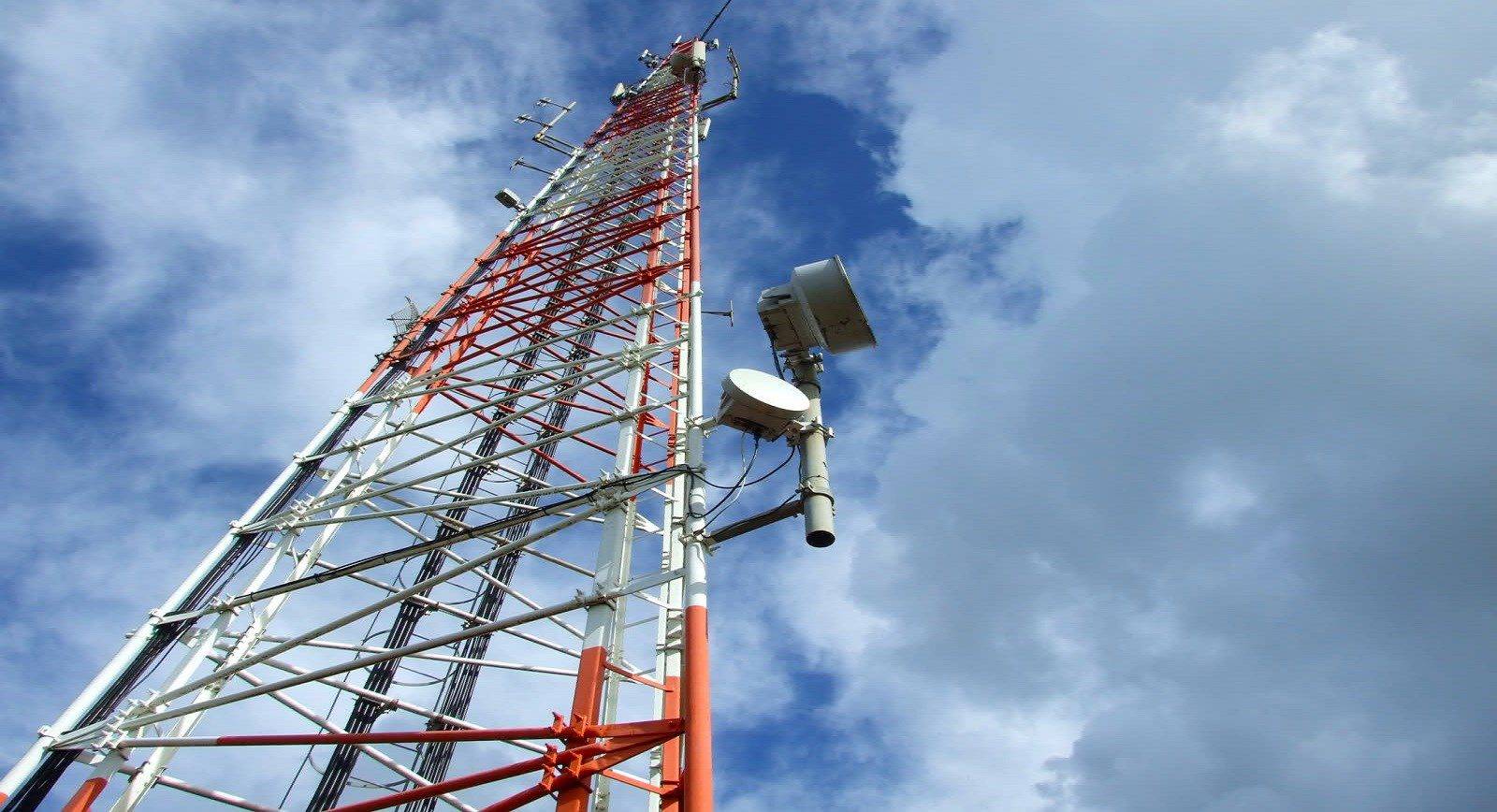Africa Needs USD 100 Bn to Bridge the Digital Divide by 2030

With a growing population, the digital divide in Africa needs more investments to a tune of USD 9 Bn yearly or USD 100 Bn by 2030, a new report by the World Bank reveals.
“The challenge shouldn’t be underestimated. In Sub-Saharan Africa, about a third of the population remains out of reach of 3G networks compared to about 2 per cent in North Africa,” the report said
Connecting Africa Through Broadband report stipulates that the continent will require the deployment of nearly 250,000 new 4G base stations and at least 250,000 kilometres of fibre across the region.
“Connecting the unconnected would also require rolling out innovative and alternative solutions (Wi-Fi, satellites, etc.) to reach the nearly 100 million people that live in remote, rural areas currently out of reach of traditional mobile networks,” it added.
Developing skills in the ICT sector is also a requirement to bridge the digital divide. An estimated, additional USD 18 Mn will be needed to create a digital ecosystem, which means investing in basic digital skills and local content to support development opportunities.
Moreover, to reach the 36 per cent illiterate population, voice-based solutions and applications should also be built, the report said.
Connecting the 100 million people in rural and remote areas that live out of reach of traditional cellular mobile networks will require strong private sector involvement, innovative business models, and alternative technologies, such as satellite and Wi-Fi based technical solutions, the report noted.
However no one country or organization can work alone and achieve in closing the gap, the World Bank said.
“In large parts of Africa, we are witnessing a lack of progress in extending access and network coverage. Affordability is also declining in many nations. Promoting greater digital inclusion is going to require more effective and innovative collaboration,” said Doreen Bogdan-Martin, Executive Director of the Broadband Commission for Sustainable Development and Director of ITU’s Telecommunication Development Bureau.
“We need to leverage our strengths and expertise. Governments can help with policies enabling new technologies, new business models and investment. The right policies will, in turn, provide the private sector with the incentives to build out infrastructure and explore new technologies and applications that will drive demand,” he said.
Feature Image Courtesy: Construction Review Online